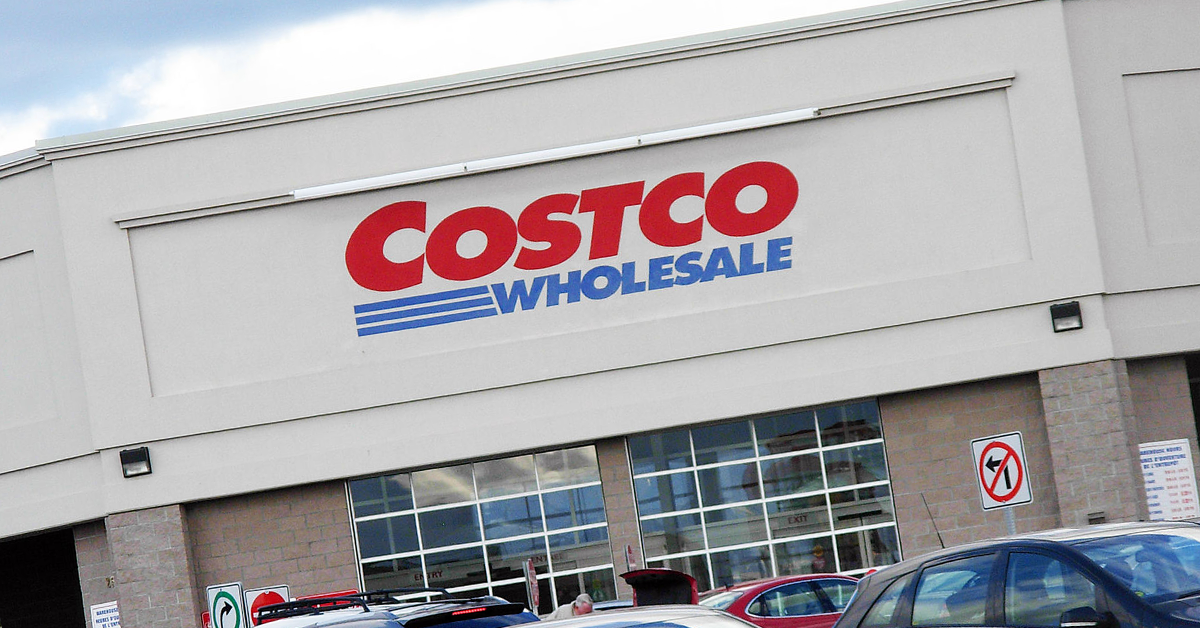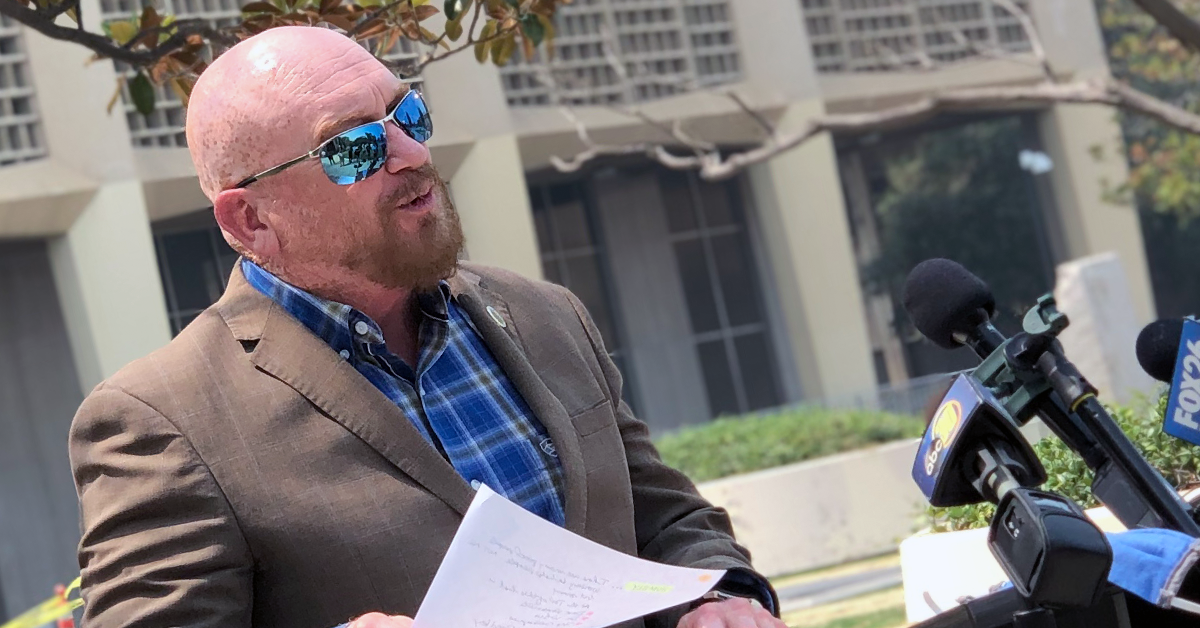Two Fresno agricultural businessmen have been sentenced to prison for committing a long-running pension fraud scheme.
Marcus Asay, 69, and Antonio Gastelum, 53, were sentenced by U.S. District Judge Dale Drozd to five years and two years in prison, respectively, for running their scheme through their company, Agricultural Contracting Services Association dba American Labor Alliance (ALA).
Flashback: Asay, Gastelum and ALA were convicted of the pension fraud scheme last June after a five-week jury trial.
- Asay and ALA were convicted of committing a worker’s compensation fraud scheme, a hardship exemption fraud scheme and money laundering.
- The hardship exemption fraud scheme involved a supposed exemption from the Affordable Care Act’s requirement for people to obtain health insurance or pay a shared responsibility payment when they file their taxes.
- Asay was the founder and chairman of ALA and Gastelum was the Chief Operating Officer, Chief Financial Officer and Compliance Officer.
- They offered fake retirement plans, worker’s compensation coverage and hardship exemptions from 2011 through 2019.
Zoom in: Asay, Gastelum and ALA falsely represented to over 3,000 people that they would protect and invest their retirement money through a 401(k) plan. Instead, they used the money for improper business and personal expenses.
- Some of the improper expenses included restaurants, travel, credit cards, rare coins, transfers to Asay’s personal retirement account, online companion websites and rent for Asay’s lakefront mansion in Fresno.
- They covered up the fraud by taking money the company received from the worker’s compensation fraud scheme and holding those funds out as pension funds, causing a loss of over $620,000.
- For the worker’s compensation fraud scheme, Asay and ALA falsely represented that national insurers backed the worker’s compensation coverage. That scheme generated $2.25 million in premiums.
- The hardship exemption fraud scheme saw Asay and ALA falsely represent that for a few hundred dollars they could provide people with an exemption that would protect them from the Affordable Care Act’s shared responsibility payment. However, only government agencies could issue those exemptions.









